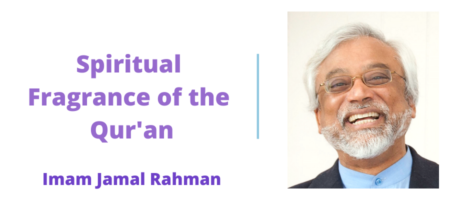“Do not attribute purity to yourselves; He knows best who is most pious.” (Qu’ran 53:32)
“Pure is the one who has purified oneself of the notion of one’s own purity.” (Sufi saying)
My favorite illustration of the true meaning of purity is about Moses and the Shepherd, as told by the great Sufi poet, Jalaluddin Rumi. (Excerpts here below)
“Moses heard a shepherd on the road, praying.
“God, where are you?
I want to help you; to fix your shoes and comb your hair….
I want to bring you milk and kiss your little hands and feet
Moses could stand it no longer.
“Who are you talking to?”
“The one who made us, and made the earth, and made the sky.”
“Don’t talk about shoes and socks with God!
And what’s this with your little hands and feet?
Such blasphemous familiarity sounds like you’re chatting with your uncles.
The shepherd repented, and tore his clothes,
and sighed and wandered out into the desert.
A sudden revelation came then to Moses; God’s voice:
“You have separated me from one of My own.
Did you come as a Prophet to unite or to sever?
I have given each being a separate and unique way of seeing,
and knowing, and saying that knowledge.
What seems wrong to you is right for him.
What is poison to one is honey to someone else.
Purity and impurity, sloth and diligence in worship
These mean nothing to me.
I am apart from all that.
Ways of worshiping are not to be ranked as better or worse than one another.
It’s not me that’s glorified in acts of worship, it’s the worshippers.I don’t hear the words they say.
I look inside at the humility;
That broken-open lowliness is the reality, not the language.
Forget phraseology.
I want burning, burning!”
There are several important lessons in this story. Spiritual purity is not about following rules and regulations, nor even customs and rituals. Purity is not so much about what you do or say, but how you do and say it, with what intention. When we worship, as the Sufi saints say, God doesn’t become holy, we become holy. But only if we worship with sincerity and personal devotion. The shepherd’s way of worship in the story wouldn’t have worked for everyone. Nor did Moses have a right to call his familiarity with God “blasphemy.” We must each find our own way of approaching God that expresses and emanates from our deepest and truest self. In order to be pure, the ego must be shattered and transcended. “That broken-open lowliness is the reality.”


